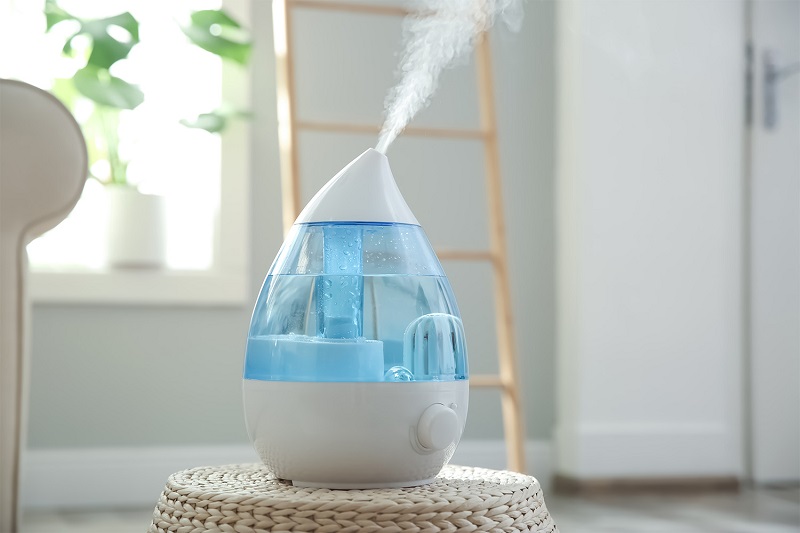Air Purifier or Humidifier: What Works Best for Seasonal Allergies?

Pollen, dust, and mold can cause seasonal allergies, which can cause symptoms like sneezing, congestion in the nose, and itchy eyes for many people. Humidifiers and air purifiers are two common gadgets that individuals use to find relief. Although they both seek to enhance air quality, their methods of operation and advantages differ. You can choose the finest device for managing your allergies if you know how each one works. But what is better for allergies humidifier or air purifier?
How Air Purifiers Help with Allergies
The purpose of air purifiers is to rid indoor spaces of airborne allergens. They employ filters, frequently HEPA (High-Efficiency Particulate Air) filters, to capture dust mites, mold spores, and pollen. In order for these devices to function, air must be drawn in, passed through a filter, where allergens are removed, and then released back into the space. Air purifiers can drastically lower exposure to these triggers during allergy season, when pollen counts are high and mold development is prevalent. They work especially well in places where people spend a lot of time, such living rooms and bedrooms.
For people with severe reactions to airborne particles, air purifiers are beneficial since they assist create a cleaner living environment. By continuously filtering the air, they can improve breathing and reduce the accumulation of allergens, especially during the most active allergy seasons.
How Humidifiers Affect Allergies
Conversely, humidifiers give moisture to the air, which can help reduce dry air-induced allergy symptoms. Excessively dry air can aggravate symptoms including dryness, coughing, and congestion by irritating the mucous membranes in the nose and throat. During the winter, when indoor heating can cause the air in houses to become dry, humidifiers are frequently utilized. The extra moisture can aid in releasing dust mite and pet dander particles, which will make breathing easier and lessen nasal irritation for those who are allergic to them.
Humidifiers are useful for controlling the symptoms of dry air, but they are not made expressly to eliminate airborne allergens. In actuality, poorly kept humidifiers can occasionally release bacteria or mold into the air, exacerbating allergy problems. Maintaining the device’s cleanliness and using it sparingly are crucial.
Which One Is More Effective for Seasonal Allergies?
Air purifiers are generally more successful at controlling seasonal allergies. By absorbing and removing airborne allergens such as dust, mold, and pollen, they tackle the underlying cause of seasonal allergies. Although they are useful for some symptoms, such as congestion and dryness, humidifiers do not directly address allergies. An air purifier would probably be more helpful if pollen or dust are your main allergy season concerns.
Conclusion
An air purifier is a superior choice for seasonal allergies that are brought on by airborne allergens, despite the fact that both of these devices have the potential to improve the quality of the air inside a building.




